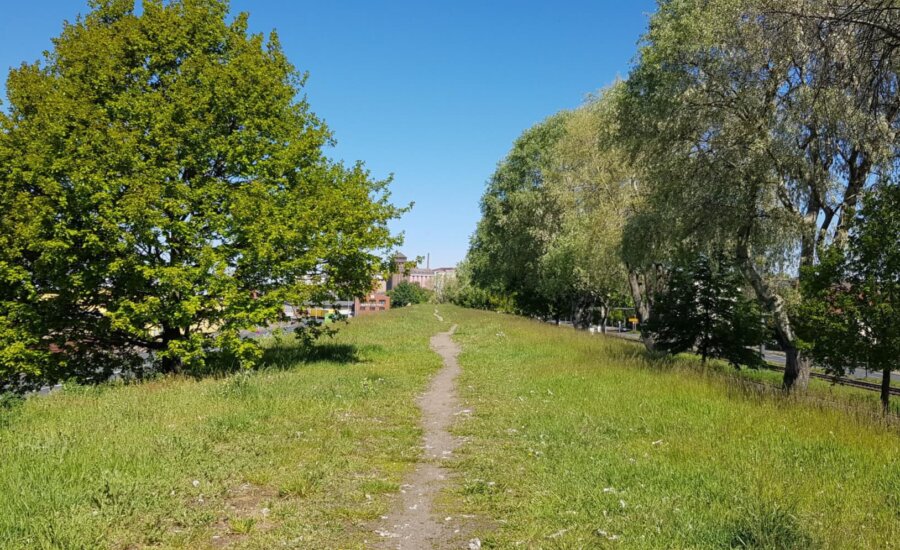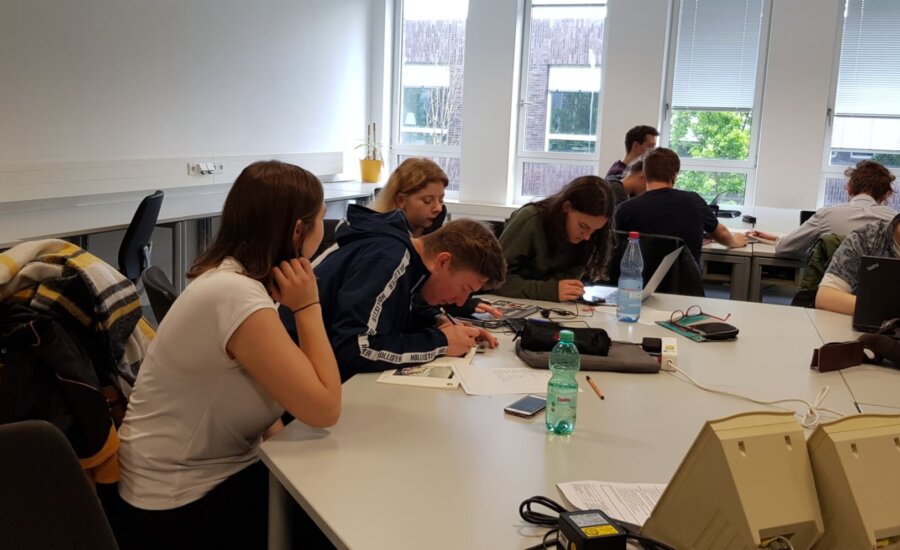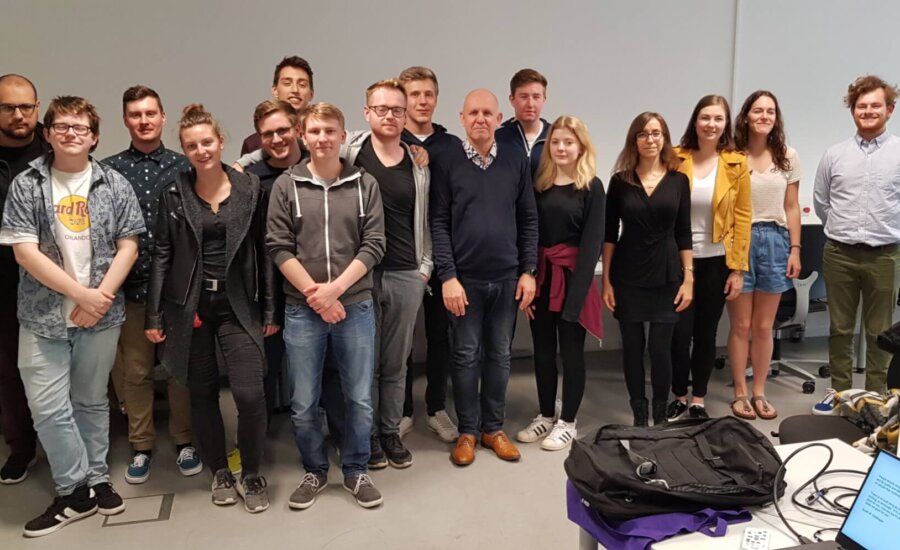End_Game_Bremen
International Week Bremen
Host one week workshop on wanderlost with End Game
Against the self-evident – a thorough indefiniteness, a defined obscurity
In this workshop we will in teams of 3-5 people exploring the City of Bremen through a ”wild thinking” aiming to undermine the present and prevalent and locate points, and a locations in which to perform our laboratory work. Creating, stories and images of people and events that actually never happened. This indefinite location in the room is something completely different than the outside location of the natural sciences, the point from which reality is measured and translated into objectivity. [This point too has proven itself absurd (even if strikingly efficient). Gödel, Heisenberg, Bohr etc] Then instead an indefiniteness within the room, and a voice imperatively calling forth its own elusive presence. Within the room but not clearly where, in many ways resembles the location of the potential in the prevalent, given. A floating possibility hidden in the persistently present. This experimenting-thinking within the potential can be summarized in the term “fieldasy” (Johansson & Linde 2004) – a coinciding of field study and fantasy, an expedition out of the actually actual and into the actually possible. The intention is not the establishment of a so called great narrative, inspiration has been retrieved from the art of novel writing and its practice in constructing worlds. IN this workshop we will focus on the generative itself in this logic; that is to say, it is not about parameters resulting in a watertight consistent universe, but the main interest is in what can be generated from a walk in the city guided with a deck of cards.
Endgame is a storytelling game using the 100 different objects that is included in the framework of the city of Abadyl. Establishing a game setting similar to fragmented storytelling, often used in games such as Bioschock. Here the players must find fragments during the progression of the game and piece them together by writing short stories. In End Game the objects become constraints and the foundation for the players to fill in Endgame attempts to understand and redefine our world in a situation where information is lacking. This lack of information is used as a resource. To help our co-creators in End game and later in Conversation China we borrowed the dramatical model from Joseph Campbell and Christopher Vogler [4] to secure a narrative progression.
The human dilemmas in that Campbell’s captures in his heroes journey structure are conditions that always will have relevance. So if one instead look on Campbell’s the hero’s journey as a series of dilemmas that we through our human condition constantly face, we have a series of situated action that can be represented over and over again and still be relevant to us, in understanding our human endeavours. Each part has one of the objects name written on one side and a colored pattern on the other. With one word of an object written on top of it, and a coloured pattern on the back side. It also contains 100 notes card where the story fragments are written during play, and 100 action card which have the players exchange/steal/loose story fragments. In the end each player tell their gathered story and the best story is chosen by voting amongst the players, that story is put into the logbook of the game itself. Afterwards all of the story fragments created will used to create a new collective story based on the story fragments of choice.
Down below you can see the stories and characters created during this week.
